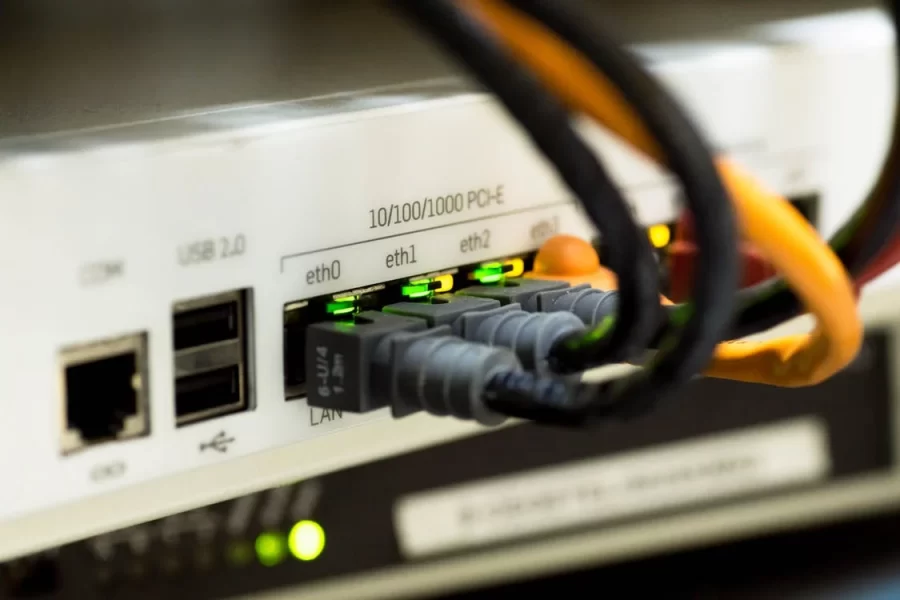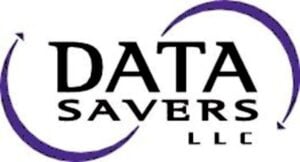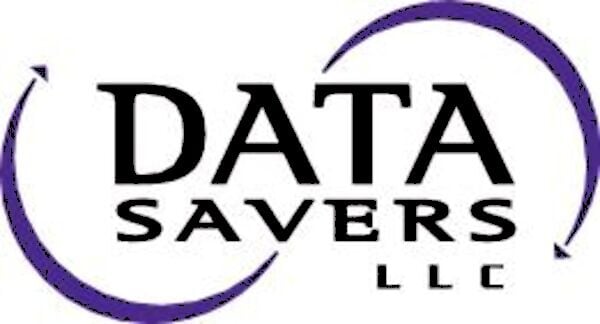NAS stands for network attached storage, a technology that enables you to access your data anywhere with an internet connection. Network attached storage systems make it possible to share data across multiple devices at once. Network attached storage devices can be used with home computers, workstations, laptops, or even mobile phones. They’re also great for businesses where employees need access to shared folders on the cloud without having potentially large or sensitive files stored locally on their computer.

What Can You Do With Network Attached Storage?
Network attached storage devices store your files, data, and media on the network. It allows you to back up your computer and other devices via internet connection. Sufficiently technical users also have the option of writing an automated backup script to backup their primary device(s) to the NAS. Network attached storage can also act as a media server for streaming media to other devices like TVs or game consoles. The user will have the option of keeping both files on the server, and files on their primary device or deleting the original copies to free up space. File accessibility is a significant benefit. Any device with network connectivity can access the files on your network attached storage device. NAS has many uses including:
File Accessibility with NAS Devices
If you have a large number of files stored on your computer, using a network attached storage device allows you to store data on a device connected to the internet. The files will be available anywhere in the world, with no concerns for the storage capacity of your primary device.
Backup Systems with NAS Devices
Regardless of the quantity of files and size of the storage medium for your primary device, you could be storing 1MB of data on a 1PB drive, nobody wants to lose their data. Utilizing a NAS for backing up your primary machine is a seamless and effective strategy for safeguarding important information. As mentioned previously, NAS owners with a background in technology will also have the option of implementing an automated backup system where your primary device backs up predetermined files and folders on a regular basis. With an automated system, a user eliminates the possibility of forgetting to back something up and learning the hard way why any reputable IT professional swears by regular back ups!
Media Sharing with NAS Devices
Storing a significant number of photos / videos, or large individual video files on a smartphone can easily max out the capacity of your mobile device. These problems don’t exist when you have a network attached storage device! Instead of storing storage-intensive files on your smartphone, simply store them on the NAS device.
How Does a Network Attached Storage Device Work?
Network Attached Storage (NAS) is a server that has one or more hard drives acting as an extension of the storage capacity for the server’s owner, as well as a myriad of additional benefits. A NAS will be connected to the internet and can be accessed from anywhere, by multiple users, operating systems, and devices.
NAS servers are different from cloud storage services like Dropbox or Google Drive in that they are dedicated servers with their own internal drives to store files on them. This means there’s no need for you to pay per gigabyte of data transferred. The NAS keeps going as long as there’s a power supply.
Is NAS Better Than Cloud Storage?
With all the hype around cloud storage, it’s easy to get caught up in the idea that cloud storage is always the best option. You might want to consider using a NAS instead of storing your data on a private cloud. Reliability is a significant benefit to network attached storage, and cloud rarely offers 100% uptime.
Cloud providers may offer high-level security features such as encrypted storage but cannot guarantee 100% uptime for their services. Even the clear leader in global cloud infrastructure, AWS, experiences network outages.
That said, network attached storage is not as secure as cloud storage. If you’re using a NAS, you are trusting your data to the device that is hosting and protecting it. The risk of losing control over your data increases when there is no separation between physical and virtual environments like with cloud computing services.
Request an Estimate from Data Savers LLC Today!

NAS Data Recovery
The truth is that NAS is one of the best ways to manage large amounts of data and offers the added benefit of accessibility from anywhere. Most NAS devices are simple to use, have a long lifespan with low maintenance costs. While these devices offer many benefits, they are not perfect. If you experience data loss as a result of equipment failure, the data recovery professionals at Data Savers LLC are your best chance for recovering that data. Out engineers have experience restoring files from many complex data storage systems including RAID, SAN, and … of course, NAS.
